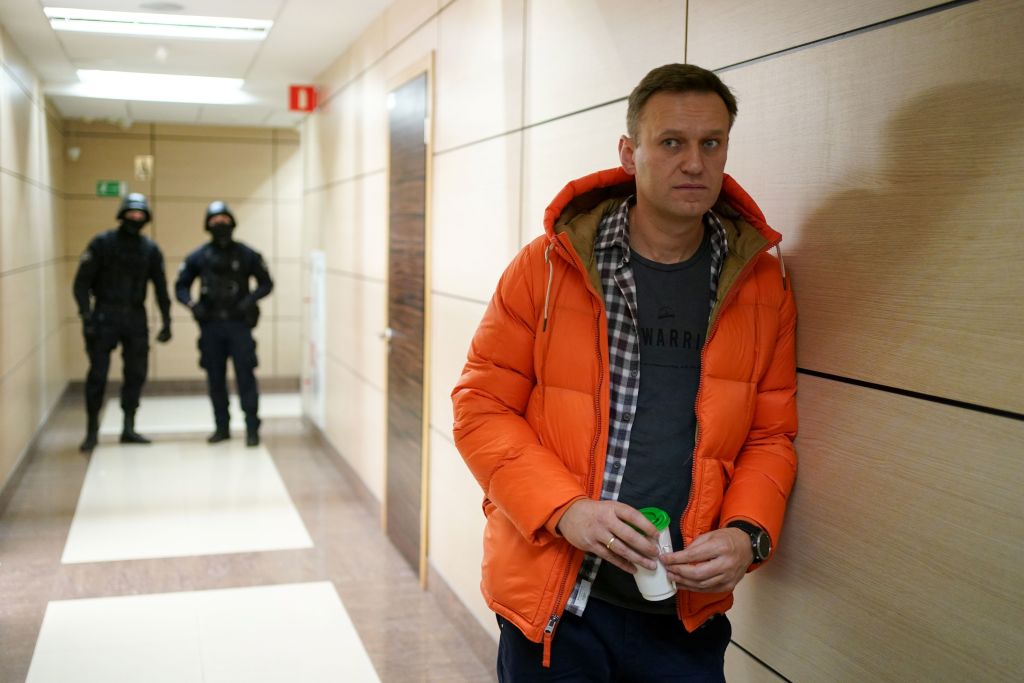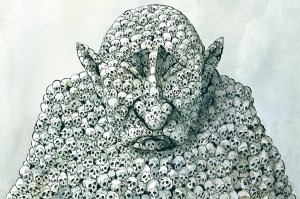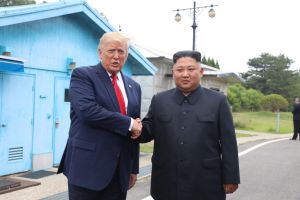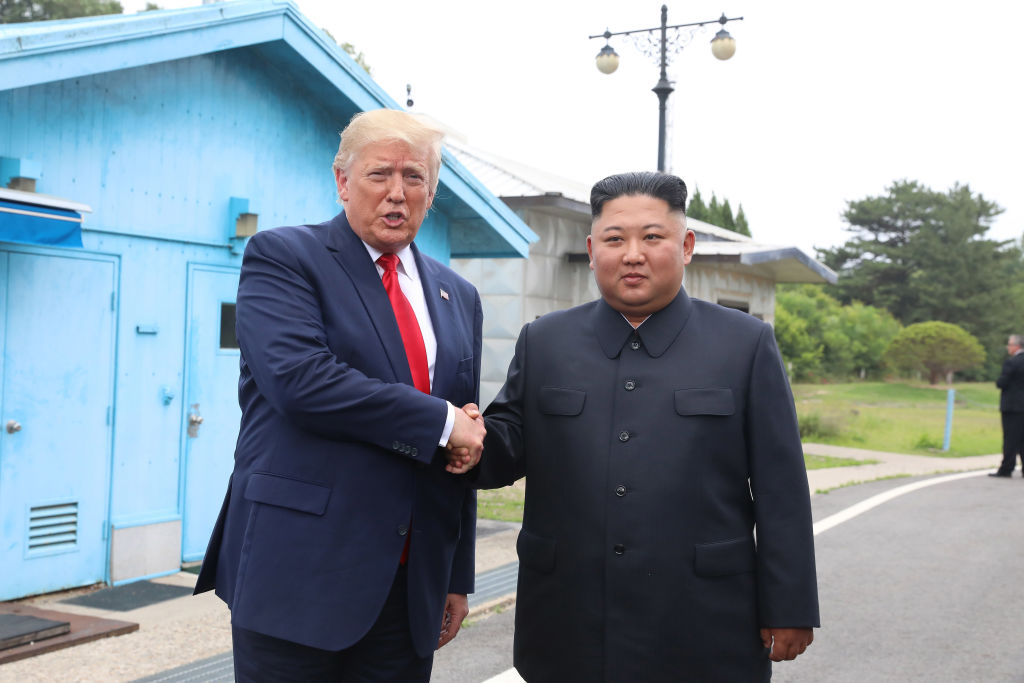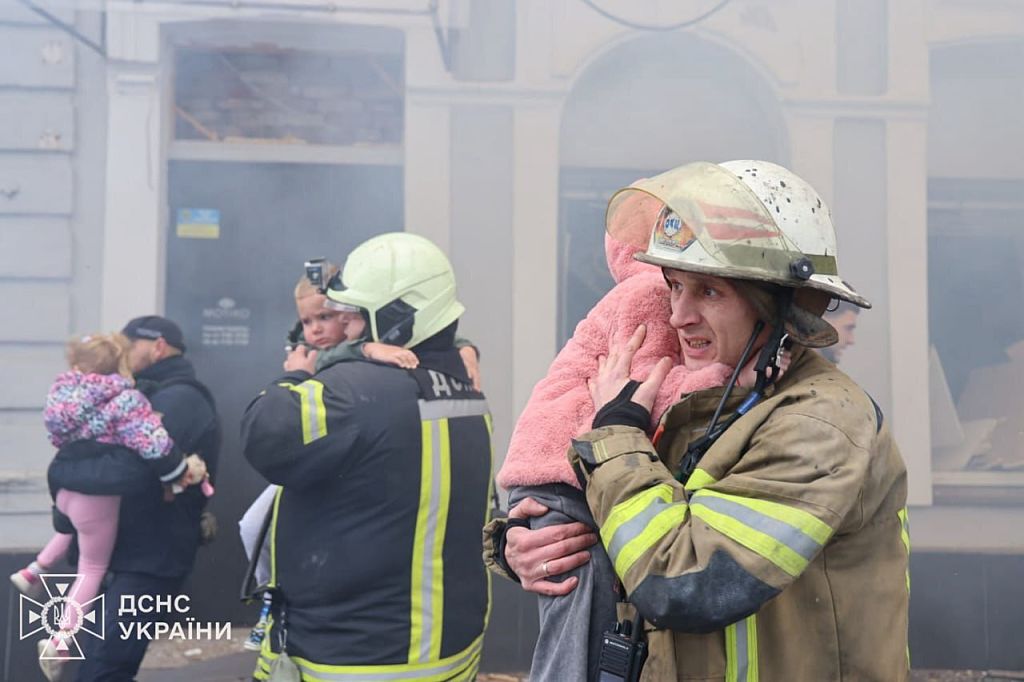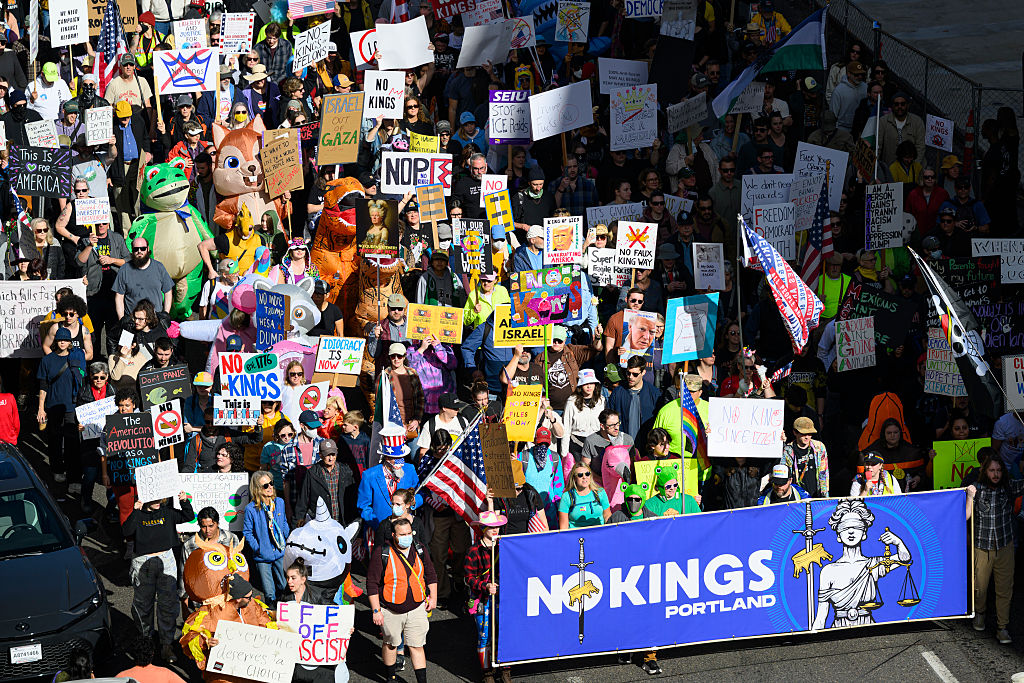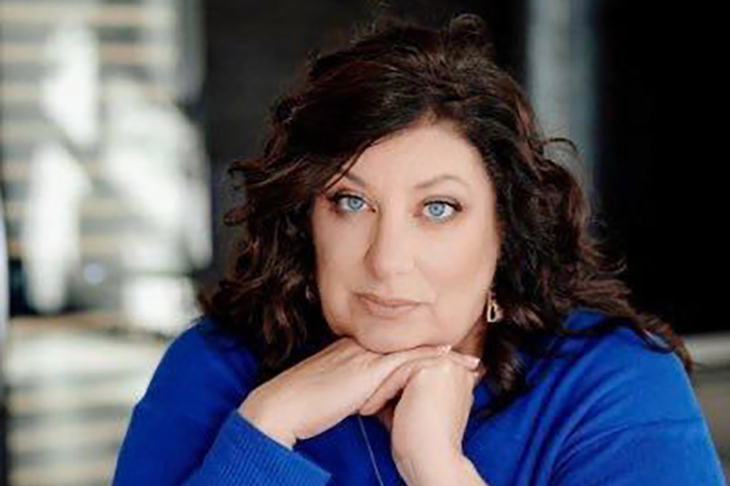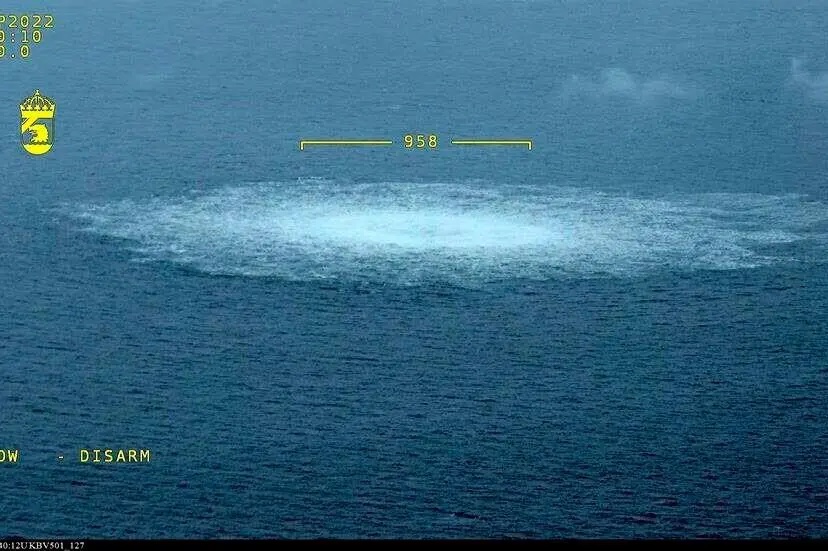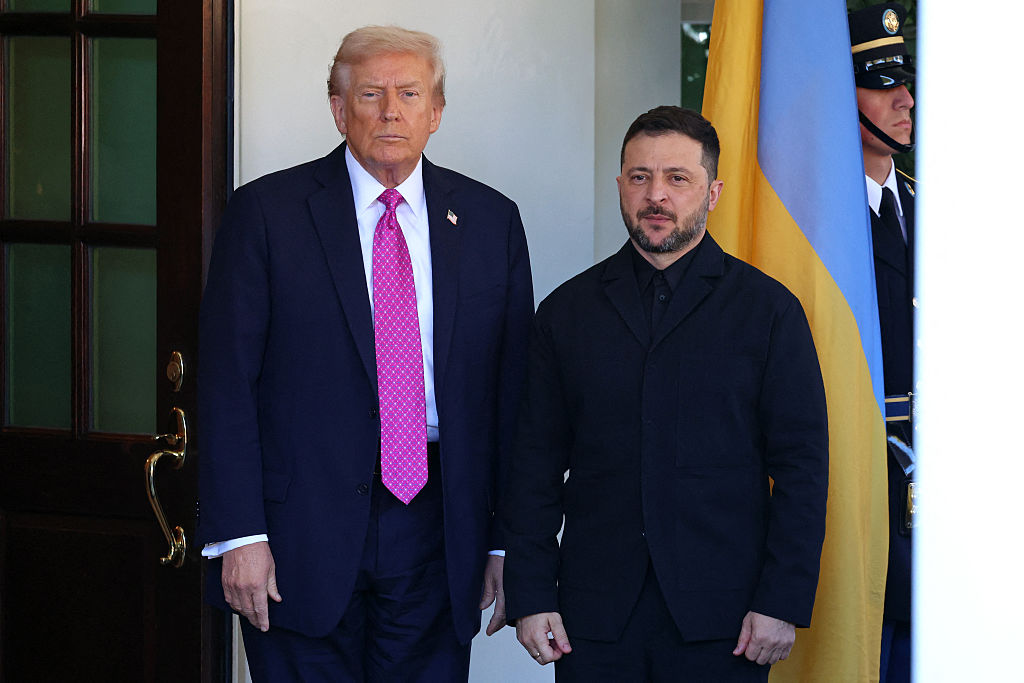At first glance, Alexei Navalny seems like exactly the sort of man the West would want to sit in the Kremlin. He’s anti-corruption, anti-oligarchy, anti-ballot rigging and — most importantly — anti-Putin. Many in the West believe his election would result in a seismic shift in Russian foreign policy — and perhaps even lead to historically unprecedented positive relations with Moscow.
The Western media have certainly reinforced this idea, as they’ve reported on Navalny’s attempts to break Putin’s stranglehold on Russia and the many moves to silence him with a series of arrests, assaults, and poisonings — the most recent of which led to his hospitalization last week. Perhaps influenced by the fact that many of those targeted by the Kremlin in the past (such as Boris Berezovsky, Anna Politkovskaya, Sergei Skripal, Sergei Magnitsky, and Alexander Litvinenko) have had pro-Western sympathies, the media have been keen to portray Navalny in a similar light. But while the coverage of Navalny as an anti-corruption and pro-democratic crusader is generally accurate, its implication that Putin’s worst enemy would become the West’s new best friend is definitely not.
Navalny has never, for instance, made any attempt to hide his Russian nationalist sympathies. In 2006, he openly said the Russian March (an ultra-nationalist, far-right demonstration) should take place, and a year later he founded a political organization, The People, which aligned with the openly nationalist Great Russia and Movement Against Illegal Immigration movements. The Kremlin often attempts to discredit its internal opponents by claiming they are agents of the West. They have not been able to do this with Navalny, even though he briefly attended Yale University.
Navalny is not aligned with the West either when it comes to Russian military interventions. In 2008, conflict broke out in the Caucasus after Georgia sought to prevent Russian-backed separatists in the regions of South Ossetia and Abkhazia seceding from the country. After intervening to expel Georgian forces from the region, the Russian military then invaded Georgia proper. Tbilisi was bombed and Russian troops only halted their advance 20 miles from the city limits.
Since its independence from the Soviet Union, Georgia has been a staunch Western ally, contributing thousands of troops to Nato operations in both Afghanistan and Iraq. Navalny, though, did not support the West in the conflict. Not only did he back the invasion, he also called for the expulsion of Georgian people from Russia and called them ‘rodents’ (grizuni) — a common ethnic slur used by Russian nationalists. Although Navalny later said that he regretted his use of the racial insult, he does not appear to have changed his stance on the independence of South Ossetia and Abkhazia — territories recognized as integral parts of Georgia by the international community, with the obvious exception of Russia.
[special_offer]
Georgia is not the only post-Soviet state where Navalny supports pro-Russian separatist movements. While Transnistria and Crimea are internationally recognized as belonging to Moldova and Ukraine respectively, in both cases Navalny has affirmed his support for pro-Russian movements. Indeed, in an interview with Ekho Moskvy, Navalny claimed that he would not return Crimea to Ukraine if he became President, and advised Ukrainians ‘not to deceive themselves [that Crimea is not part of Russia]’. He also said he did not see a difference between Ukrainians and Russians, a pan-Slavic trope common to ultra-nationalist Russians, and one that has been used on a number of occasions to justify Russia’s military activities in the near abroad.
If Navalny is ever suspicious of Russian foreign interventionism it’s usually for economic rather than moral reasons. Navalny believes that the money used to fund wars in Ukraine and Syria could have been better spent on improving the lives of those at home.
Were Navalny or his party to ever win power, it is doubtless that the lives of the Russian people would improve exponentially. But by his own admission, Navalny is a ‘democratic nationalist’. Given his demonstrable hostility to former Soviet states turning their eyes westward, and his many public expressions of Russian nationalism, a thawing of relations between Moscow and the West would not necessarily follow the ascendancy of a Navalny-led administration.
This article was originally published onThe Spectator’s UK website.



